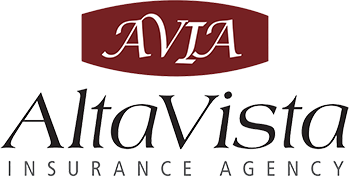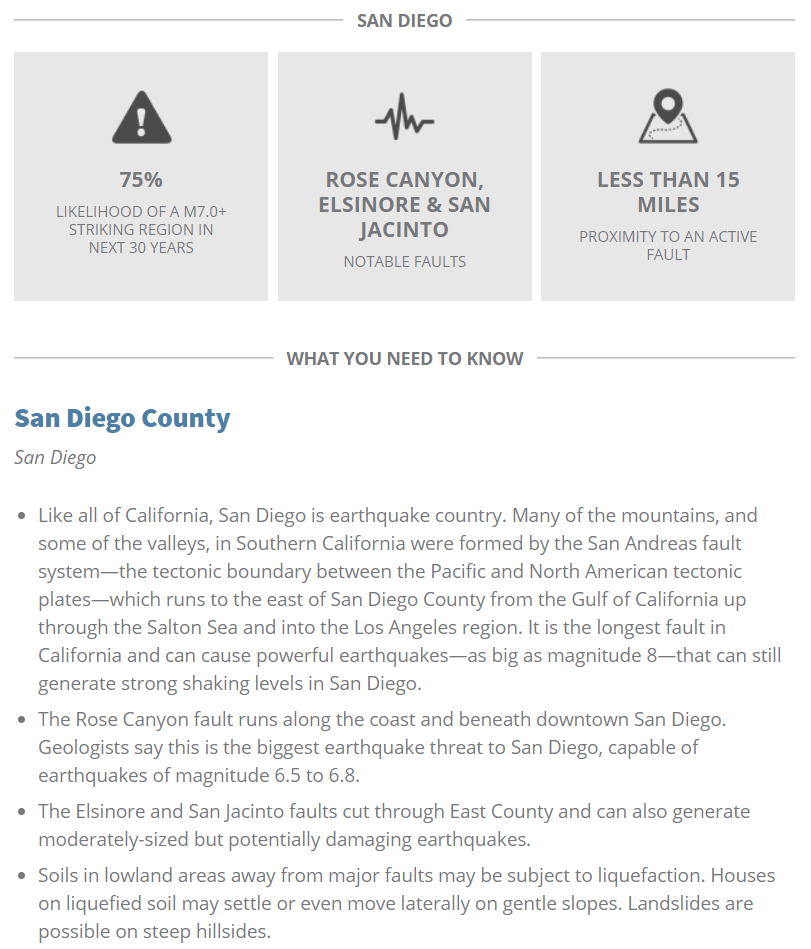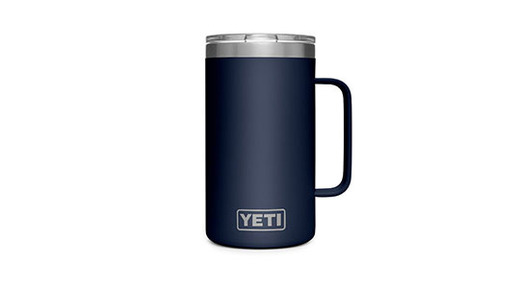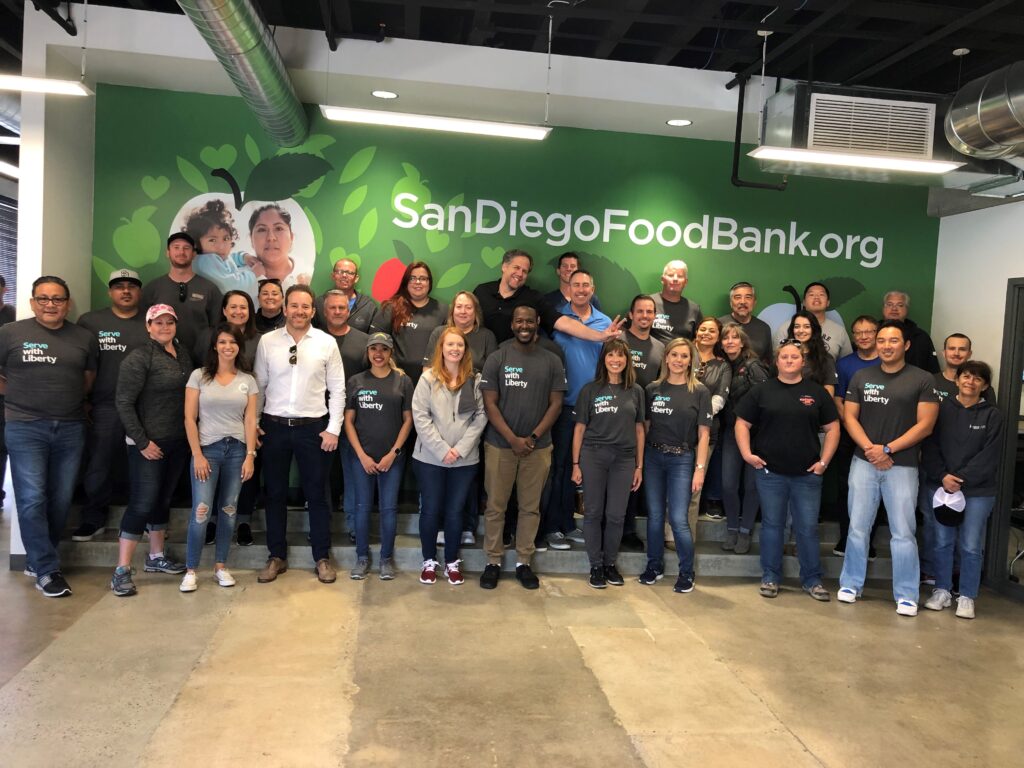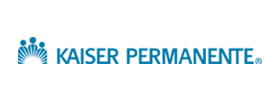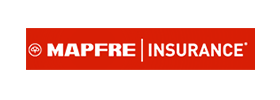In the event something happens to someone else your liability insurance can protect you.
If you own a home, drive a car, own a business, sell something, hire someone for a job, or other related activities, you have exposure to losses. Carrying a liability policy will provide money for damages to other parties in the event you are liable for injuries or expenses associated with a claim like investigation costs, legal representation, or other expenses.
Liability insurance is a way to protect your lifestyle and assets from being taken in a judgment.
What would happen if someone sued you and they won?
What if a judgment was rendered against you and it wasn’t covered by your liability policy; like your homeowner’s liability or general liability if you own a business?
You may have to liquidate assets, a lien could be placed on your properties if they are exposed, your wages could be garnished, etc. One lawsuit could completely change your lifestyle. That is why umbrella and excess liability insurance is MUST for everyone.
Both umbrella and excess insurance are designed as an additional layer of protection above primary insurance policies, like homeowners, auto, commercial general liability, and commercial auto.
Which is better?
What type of policy do I have?
Should I purchase more insurance?
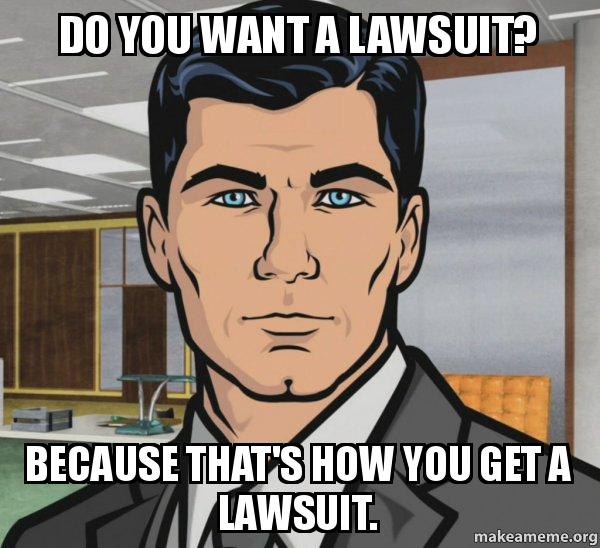
Let’s look at these policies and see how they stack up against each other.
An umbrella policy has two types of coverage; coverage above other insurance policies (that’s the underlying insurance) and coverage for liability exposures for which there is no underlying insurance.
Watch this short video about the importance of umbrella insurance for your personal assets.
https://youtu.be/L3mtIEuwBy0
Get a Quote
According to the ISO CU 00 01 insuring agreement for coverage A,
“we will pay on behalf of the insured the “ultimate net loss,” in excess of the “retained limit” because of “bodily injury” or “property damage” to which this insurance applies. We will have the right and duty to defend the insured against any “suit” seeking damages for such “bodily injury” or “property damage” when the “underlying insurance” does not provide coverage or the limits of “underlying insurance” have been exhausted.”
The insuring agreement adds two terms that are not seen in general liability policies; “ultimate net loss” and “retained limit”.
“Ultimate net loss” means the total sum, after reduction for recoveries or salvages collectible, that the insured becomes legally obligated to pay as damages by reason of settlement or judgements or any arbitration or other alternate dispute method entered into with our consent or the underlying insurer’s consent.
“Retained limit” means the available limits of “underlying insurance” scheduled in the Declarations or the “self-insured retention,” whichever applies. Self-insured retention is the dollar amount listed in the declarations page that will be paid by the insured before this insurance becomes applicable, like a deductible, only with respect to “occurrences” or offenses not covered by the “underlying insurance”. The self-insured retention applies for the exhaustion of applicable underlying limits.

This policy is the reigning “pound for pound” champion. It combines both technique and talent to protect insureds from loss.
No matter whether it’s a loss covered by an underlying policy or a loss that is not covered by an underlying policy, the umbrella insurance policy will be victorious and protect the insured.
Now, let’s look at the opponent, the excess insurance policy. The first disadvantage we can see is in the insuring agreement. This policy only has one skill or insuring agreement.
“We will pay on behalf of the insured the “ultimate net loss” in excess of the “retained limit” because of “injury or damage” to which insurance provided under this Coverage Part applies. We will have the right to defend the insured against any suit seeking damages for such “injury or damage” when the applicable limits of “controlling underlying insurance” have been exhausted in accordance with the provisions of such “controlling underlying insurance”.
Again, we need to look at the terms so we can define what is covered. “Ultimate net loss” means the total sum, after reduction for recoveries, or salvages collectible, that the insured becomes legally obligated to pay as damages by reason of:
- Settlements, judgements, binding arbitration, or
- other binding alternate dispute resolution proceeding entered into with our consent.
“Ultimate net loss” includes defense expenses if the “controlling underlying insurance” specifies that limits are reduced by defense expenses.
There are many different types of insurance policies that can provide coverage here. Even policies that include defense costs like cyber liability or professional liability.
So, an excess policy can provide protection with many different types of insurance policies BUT there must be an underlying policy that provides coverage. If there is NO underlying policy, the excess insurance is powerless.

“Controlling underlying insurance” means any policy of insurance or self-insurance listed in the Declarations under the Schedule of “controlling underlying insurance.” Controlling is critical. It means the underlying insurance controls how coverage applies.
Umbrella and excess insurance policies are additional layers of protection above primary insurance policies. However, when we put them in the ring against each other, we can see they are not the same. The umbrella is the stronger more well-rounded policy.
In conclusion, the umbrella policy can be used to cover some losses when there is NO insurance. The excess policy only covers losses that are covered by the other insurance policies that exist as primary insurance.
Now, it’s always important to read the entire policy. There are exclusions, conditions, and definitions that you should review with your agent in order to determine which protection you need.
To find out how you can add another layer of protection for your lifestyle or business, schedule an appointment with one of our agents for a FREE needs-based analysis.
Get a Quote
